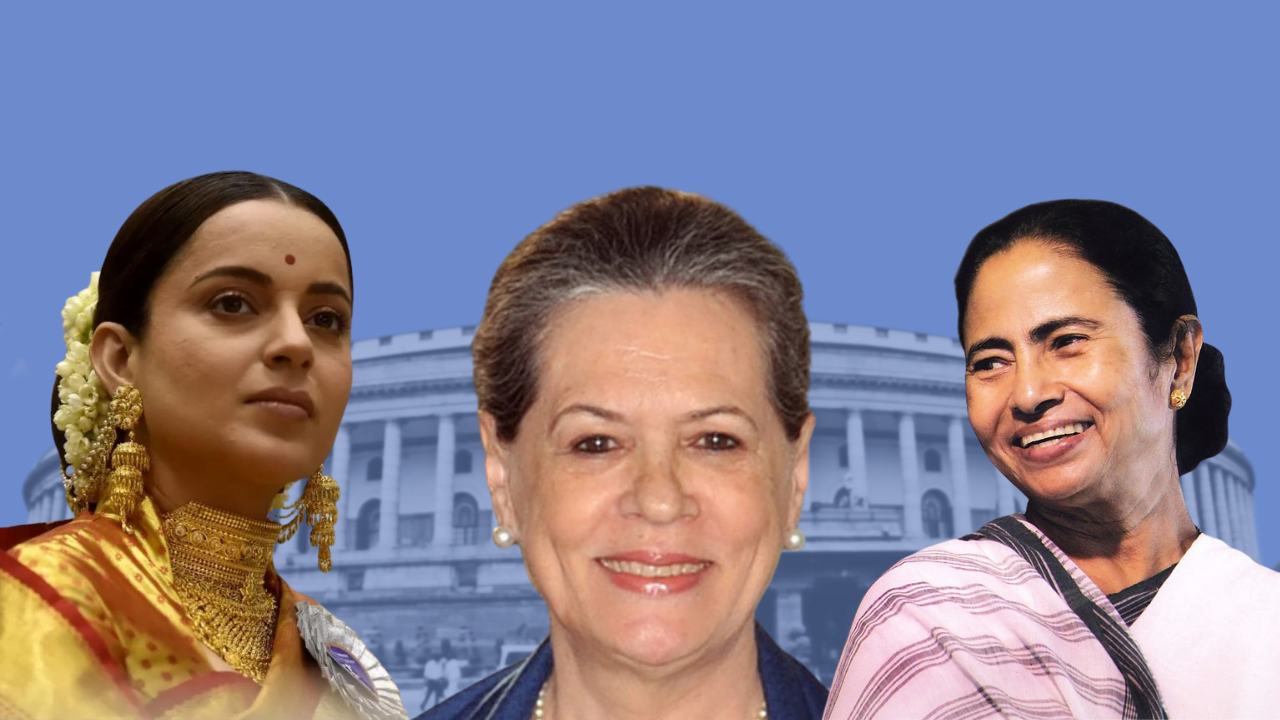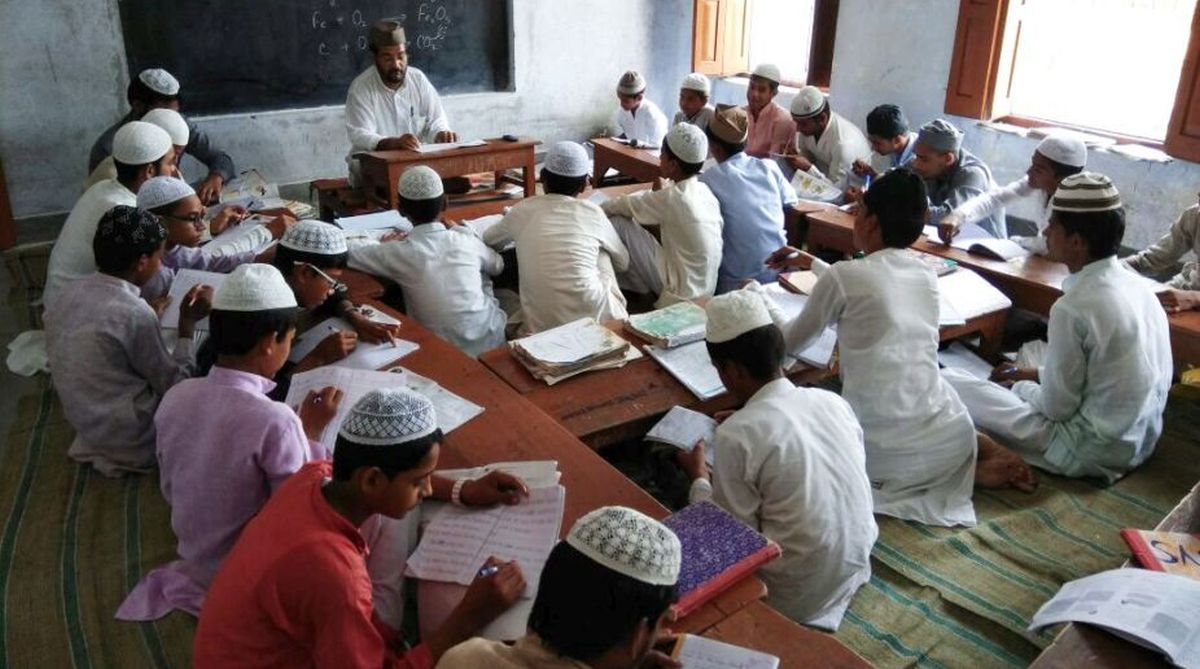Despite progressive steps, where women today can vote and participate in the elections, for them to win any kind of candidacy remains a sore challenge. They face various obstacles because of the existing family responsibilities, societal norms and lack of proper role-models. Powerful women in politics are judged more on what they wear and how they look, rather than on their opinions and actions. In addition to that, they also face resistance, stereotypes and discrimination in mainstream political spaces.
It is imperative to understand the benefits of having women in politics. A gender-balanced cabinet helps in avoiding discriminatory polices and laws. The involvement of women in politics, result in creating a more inclusive society. They can help in spreading gender-equality through the adoption of policies which supports schemes for empowering women. Furthermore, they can advocate women’s rights, change attitudes and propel significant action. This is done by focusing on the sections which directly concern women. This includes areas such as education, healthcare, sanitation, equal pay, domestic violence, safety and family policy.
Another positive result of women in politics is that it helps in inspiring young adolescent girls to take up politics as a career, and fight for their rights, despite the structural problems. By doing this, they tell them that there is nothing they can’t become in their life, and there is no need to undermine their capabilities. Social media and new-channels can help achieve this by portraying women in politics in an effective manner.
They can help in spreading gender-equality through the adoption of policies which supports schemes for empowering women. Furthermore, they can advocate women’s rights, change attitudes and propel significant action.
The Global
One way to re-think the role of Indian women is politics, is by taking note of what is happening on the global front. Strong female politicians all over the world are making their presence felt. Jacinda Ardern serves as a primary example of this. Indian women politicians need to be perceived as positively as Ardern is in New Zealand. They do not fear women in powerful positions; instead they are proud to have her at the presidential spot. Her step of putting a ban on weapons after the horrifying mosque attack got her widespread praise. New Zealanders found her grace and empathy to be inspiring.
There is a lot to learn from Alexandria-Ocasio Cortex and her powerful girl gang alongside Ilhan Omar and Rashida Tlaib who are creating history by putting their demands in front of the Trump government. Not only that, in the Age of Trump, these girls are shattering popular stereotypes of women lawmakers who are perceived to be less ambitious and policy-driven. They receive a lot of “ambition backlash” and are often cited as “arrogant” for taking the strict actions as their male counterparts. Even Angela Merkel, the chancellor of Germany is amongst the most powerful women in the world. She has made energy reforms, drastically improved the economy, sustained power in the office and fought for a place in an otherwise male-oriented party, changing the contours of German society.
This is because, if the composition of the government consists of equal representation of different segments of the society, then chances of the policies being stable are higher.
Also read: Panels, Politics, and Penn (Women) In The Land Of Tamil Nadu
The Local
In the past, India has had some strong female political leaders from Indira Gandhi to Sushma Swaraj. Despite the criticism against her, Swaraj played an instrumental role in foreign affairs. While serving as the Minister of External Affairs, she developed bilateral and multilateral meetings, managed to resolve important minor issues and raise human capital abroad.
She first made her mark by becoming the first female Chief Minister of Delhi. She became the most “Millennial” Indian Minister by using social media, particularly twitter, to connect with national and international counterparts and voice diplomatic concerns. For example, she impressed everyone by providing assistance to 168 Indians trapped in Basra, granted a medical-visa to Shireen Shiraz, a Pakistani girl, and helped a Yemeni woman (married to an Indian) to rescue her and her eight-month child from a conflict-driven area.
J Jayalalithaa, often called ‘Amma’ by her supporters achieved cult status because of her transformational contributions to Tamil Nadu. She won widespread appreciation for her innovative schemes. This includes water projects and power surplus investments. Furthermore, her party introduced infrastructural projects such as Tidal Park, IT Highway, and Kathipara bridge. She broke the male-dominated Tamil politics for over 30 years, effectively making her mark as the “ultimate powerful goddess in Tamil.”
Sheila Dixit, served as the Chief Minister of Delhi for 15 long years from 1998 to 2013. She brought about massive changes in the Delhi with around 87 flyovers, impressive Delhi metro, and participatory government ‘Bhagidari’. Dixit completely transformed the lifestyle of the capital city and established the much needed civility.
With the under-representation of women, the achievement of an inclusive and healthy society is just a dream. What we need, in India is an increased understanding of the fact that the participation of women in politics brings out more productive and positive results. This is because, if the composition of the government consists of equal representation of different segments of the society, then chances of the policies being stable are higher.
Also read: Women and Politics: Women Voters Are Higher Than Men But Why Is Female Representation…
Moreover, having a mixed-gender cabinet is necessary for the better representation of women’s needs, decision-making, and policy developments. This step results in a more peaceful and inclusive political environment, which is essential for the establishment of a just democracy. The involvement of women accelerates growth, since it brings in more productivity and newer perspectives.




